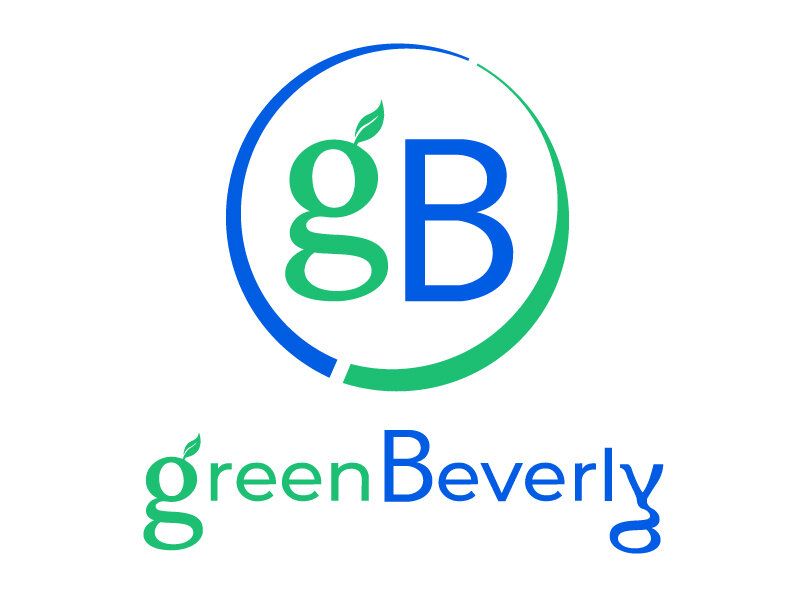How to Host a Sustainable Thanksgiving
When the Wampanoag people shared their home and food with newcomers from England in what we now call the First Thanksgiving, it took place in a perfectly balanced and thriving ecosystem. We might not have a pristine wilderness anymore but by throwing a sustainable modern-day Thanksgiving feast, we can honor the traditions of the indigenous Americans who helped those first settlers survive and do our part to restore balance to our environment.
Read on to learn why efforts to eat sustainably are so important, and then get our top tips for hosting a low-impact Thanksgiving dinner.
Sustainable food benefits
DELICIOUS PRODUCE: Late November is an ideal time to buy locally-grown vegetables and fruit like pie pumpkins, butternut and acorn squash, apples, pears, carrots, onions, kale, potatoes, Brussels sprouts, and cranberries. These in-season foods are staples of the Thanksgiving table for a reason, and taste best when locally grown so you get to enjoy them at their freshest.
CLIMATE RESILIENCE: Supporting farmers on the North Shore preserves open space for increased wildlife habitat and improved watershed management and soil health. These factors are crucial to improving our region’s ability to adapt to the effects of climate change.
STRONG ECONOMY: When you do your food shopping in and around Beverly, whether it’s at a grocery store like Henry’s or a farm like Tendercrop, you keep your money circulating in the local economy. You support local business owners and employees, and do more good than you realize.
How to reduce food waste and carbon cost
SHOP LOCAL. The “food miles” of your groceries have a pretty direct correlation with carbon cost. The farther an item has to travel to reach your plate, the more greenhouse gas emissions it represents. So shop local! Beverly has many local farms and food providers that make buying sustainable food easy.
TRAVEL SMART. Thanksgiving is an important holiday for many families. After the pandemic affected so many of us in 2020, large gatherings are making a comeback. Make smart travel choices to reduce carbon emissions and your event’s environmental footprint. For plane travel, consider purchasing a carbon offset for your flight (a common option now through many airlines). For local travel, carpool when you can - especially if you can all pile into your cool aunt’s electric vehicle.
AVOID PLASTIC PACKAGING. Plastic, the original sin of the modern age. It’s enormously resource-intensive to produce and sticks around for millennia polluting our environment. Try not to buy plastic-wrapped food (easier when you shop local!), plastic tableware, or plastic bottles of beverages to serve at your holiday table.
USE DISPOSABLES MADE OF RENEWABLE MATERIALS: It’s tempting to use disposable plastic or wax-coated paper tableware to make cleaning up after a houseful of guests easier. We get it. But these products go directly to landfills. Use plates and flatware made of bamboo, palm leaf, or sugarcane. These sustainable source materials can also be composted for a beautifully renewable life cycle. Buy directly from a local business (like Unpacked Living) to further reduce the carbon footprint of your one-time-use goods.
MAKE STOCK FROM SCRAPS: Get the most out of your food by reusing bits that are often thrown away. Make turkey broth from roasted bones and giblets for the best-ever gravy, and save veggie trimmings for stock for future soups and recipes. Onion skins and tops, carrot ends and shavings, garlic skins, kale stalks: throw them all in a container in your freezer so you’ve always got easy ingredients for flavorful broth around.
CURBSIDE COMPOST: There’s unavoidable food waste associated with cooking and hosting a large feast. Turkey and ham bones don’t dissolve into soup, after all, and there’s always someone who leaves half a biscuit and a few bites of sweet potato on their plate. If you have curbside composting through one of Beverly’s providers, you can include meat and dairy items in your bin as well as compostable goods like paper towels and palm leaf plates.
COMMUNITY COMPOST BIN: If you don’t have backyard or curbside composting, try Beverly’s new community compost bin at Bessie Baker Park. It takes the city a couple of days to send you an unlock code for the bin once you sign up, so make sure you register this week to be able to drop off your Thanksgiving food and compostable goods waste.
We hope you can use some of these tips to host your most sustainable Thanksgiving feast yet. Above all, though, we hope you have a holiday full of warmth and togetherness. There is always something to be thankful for.



